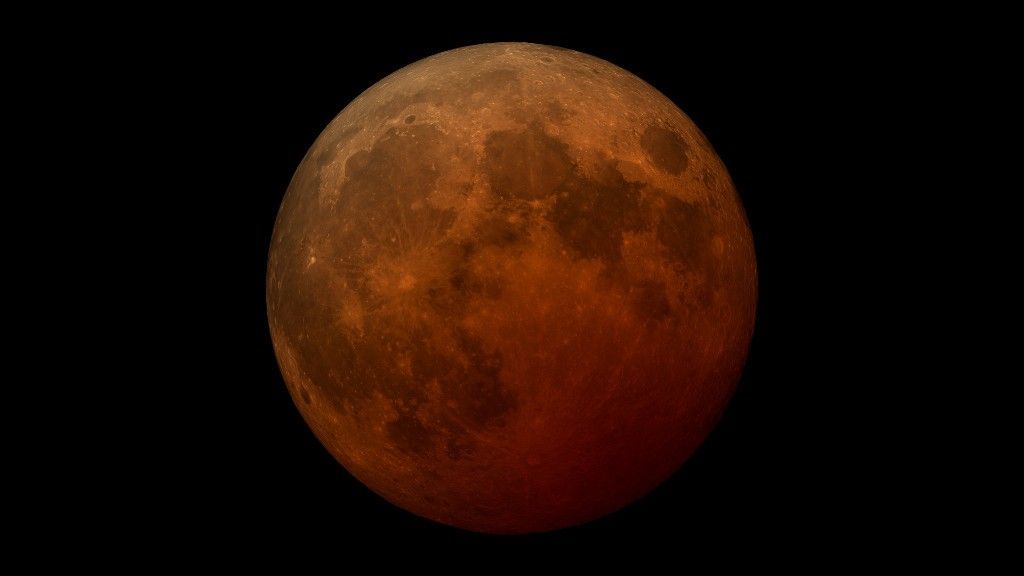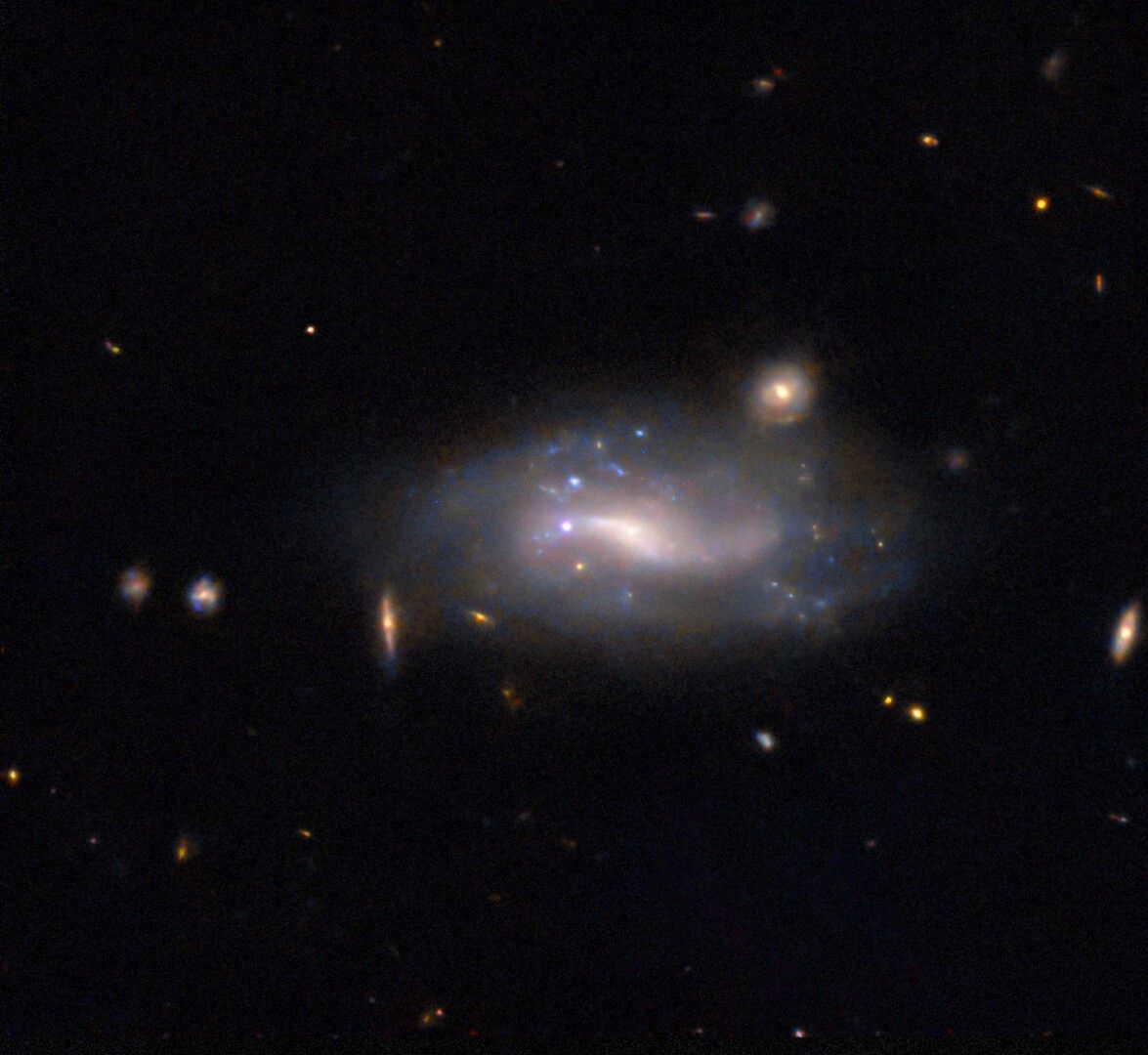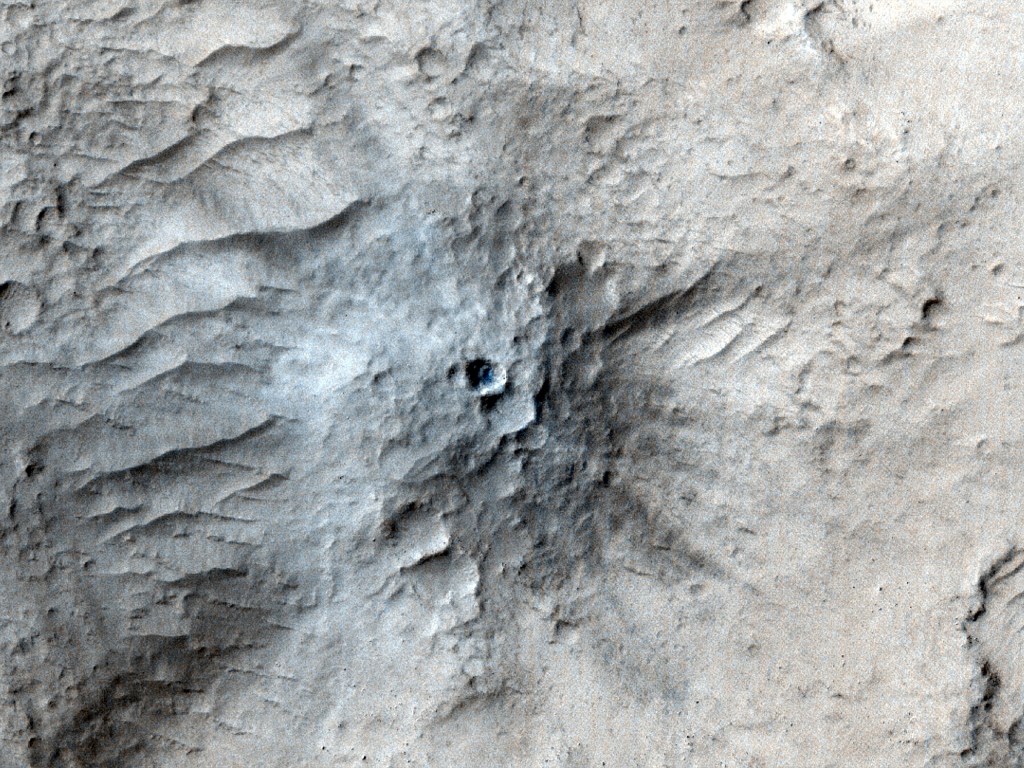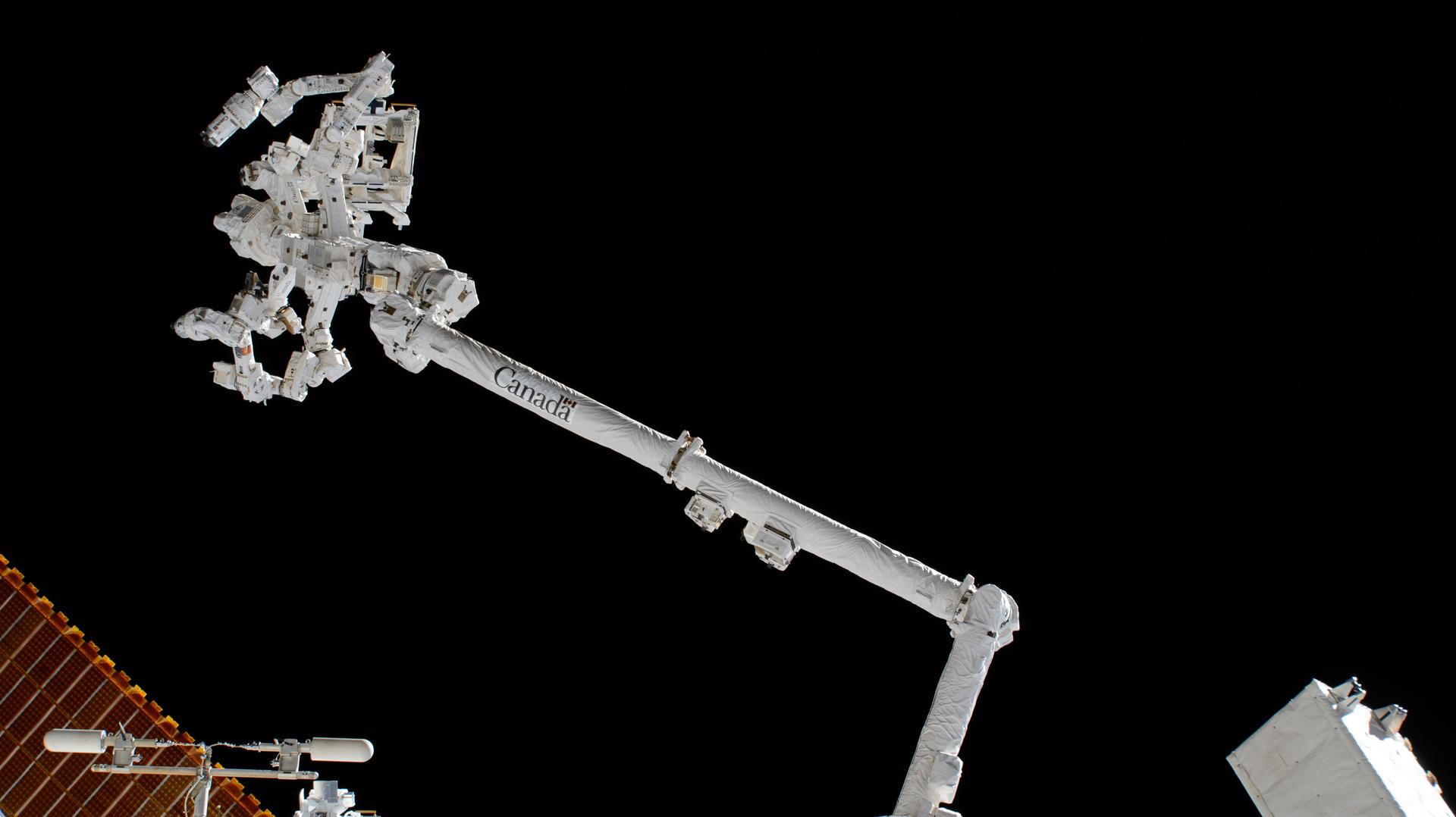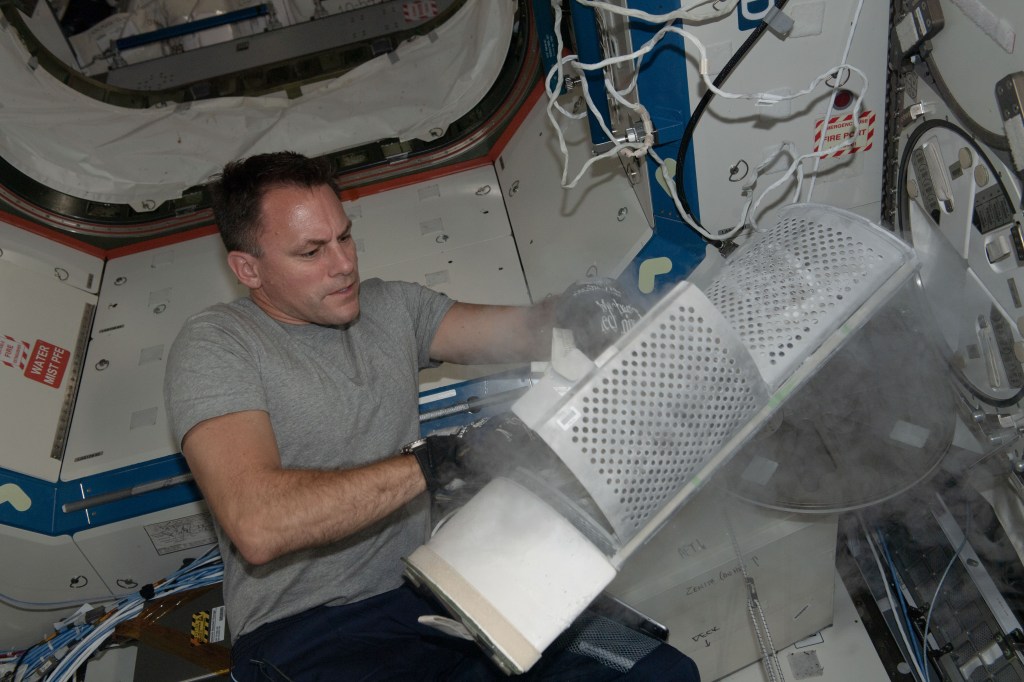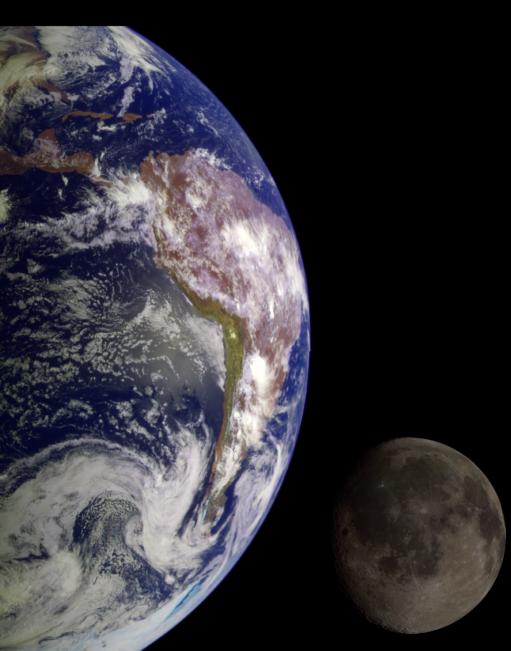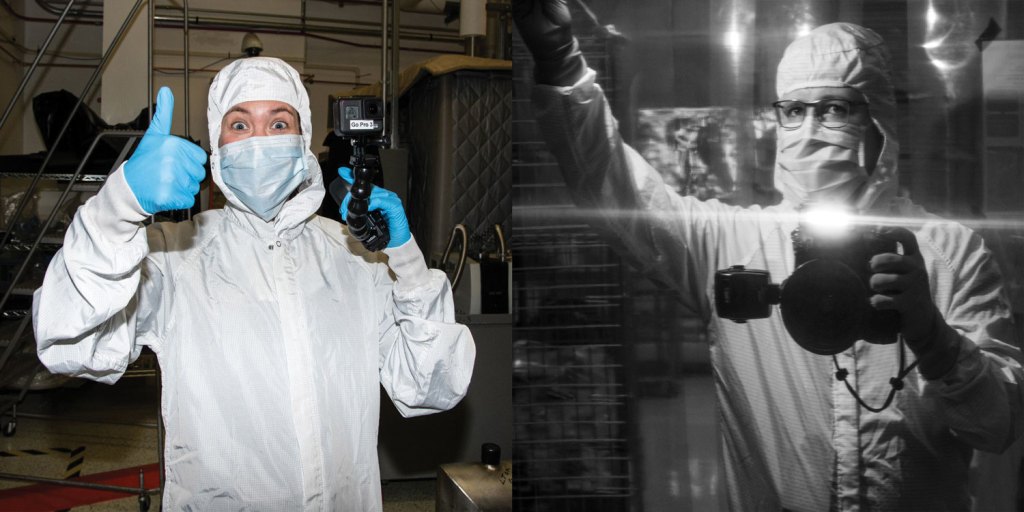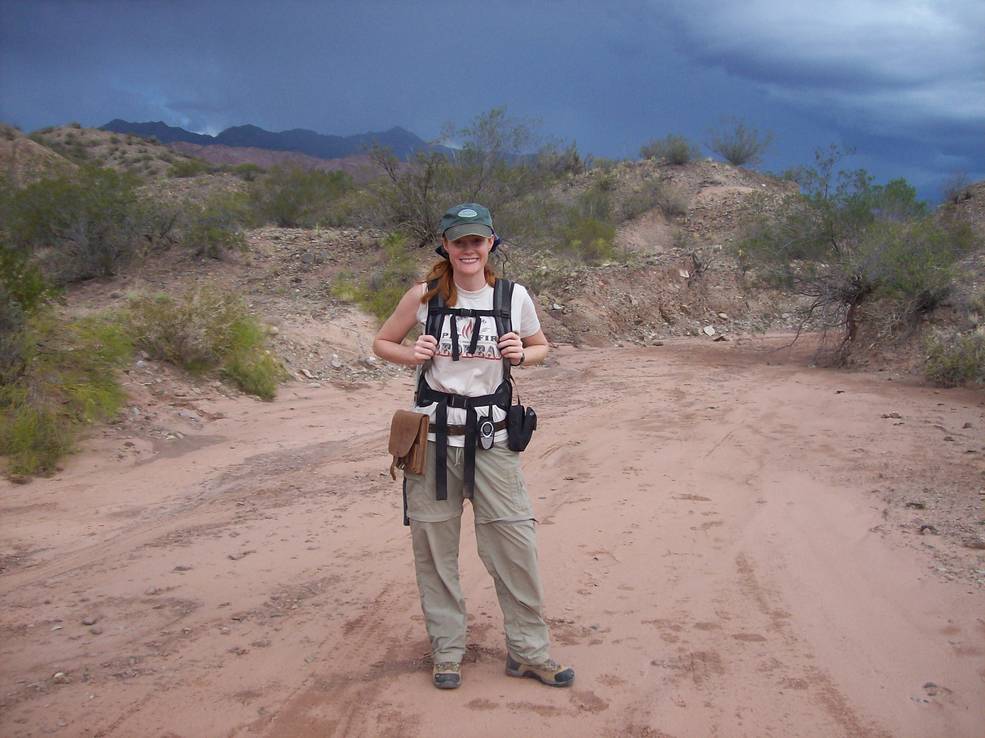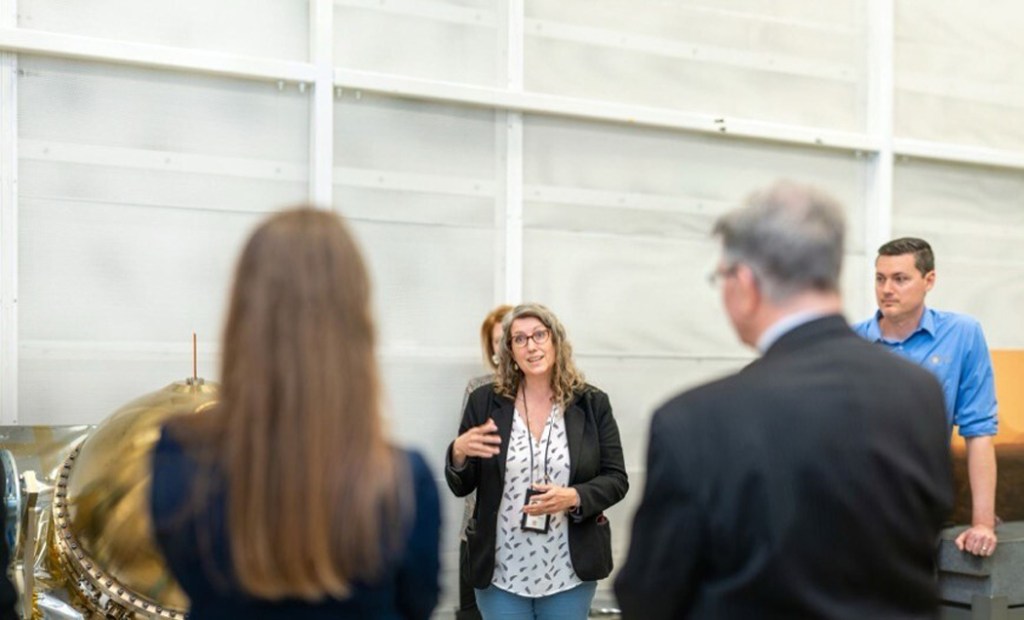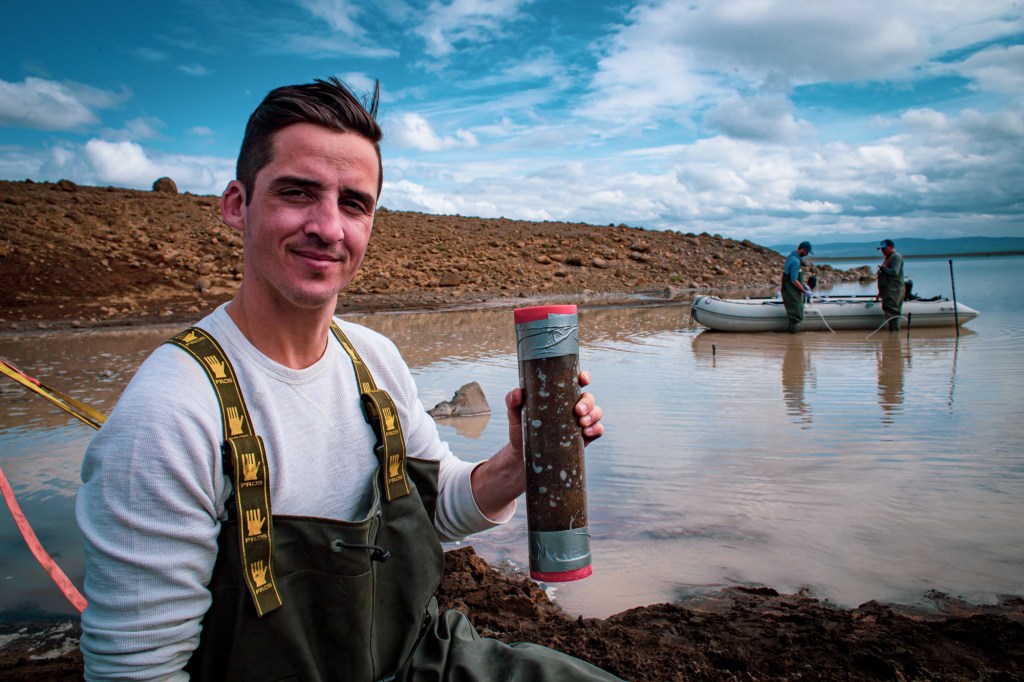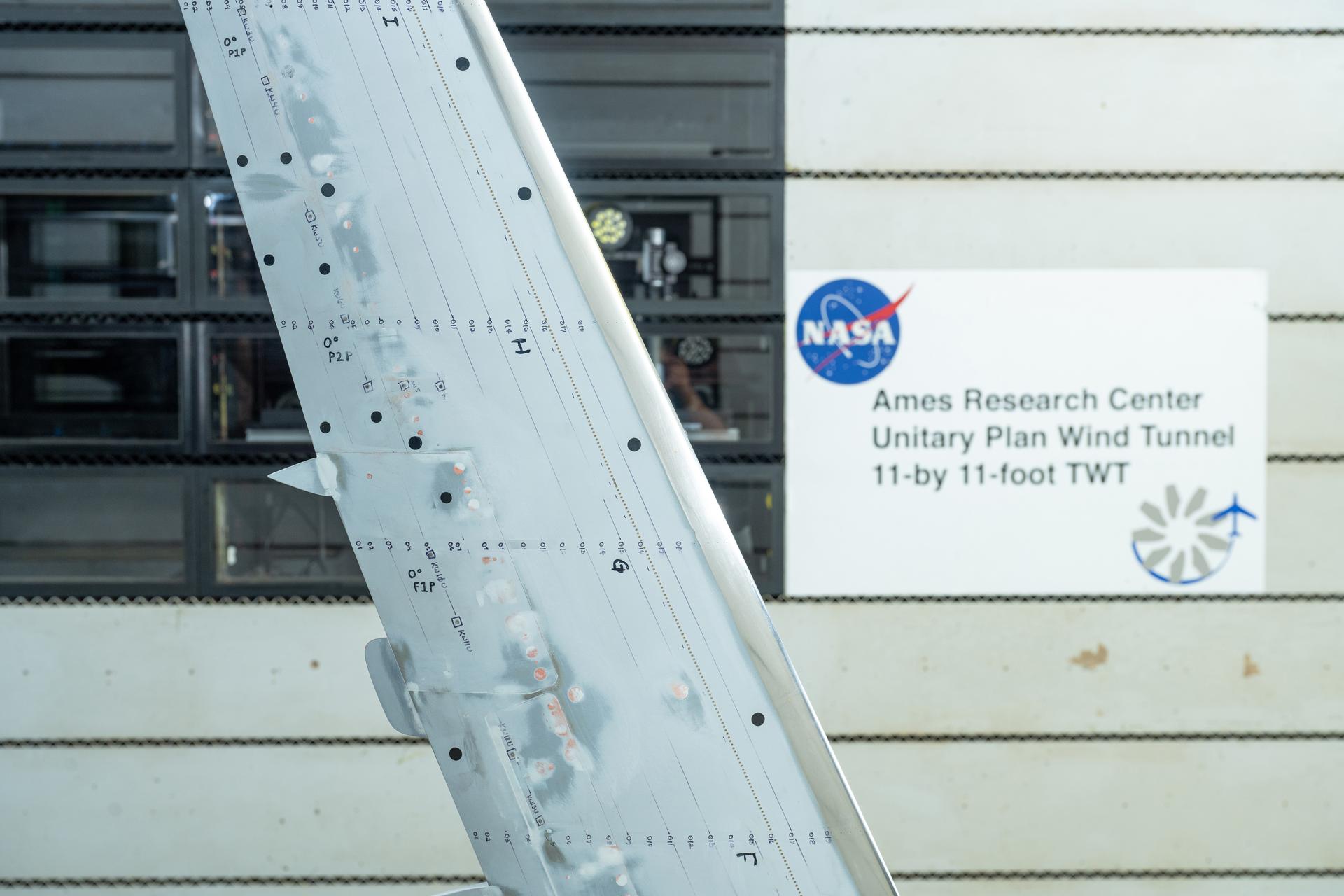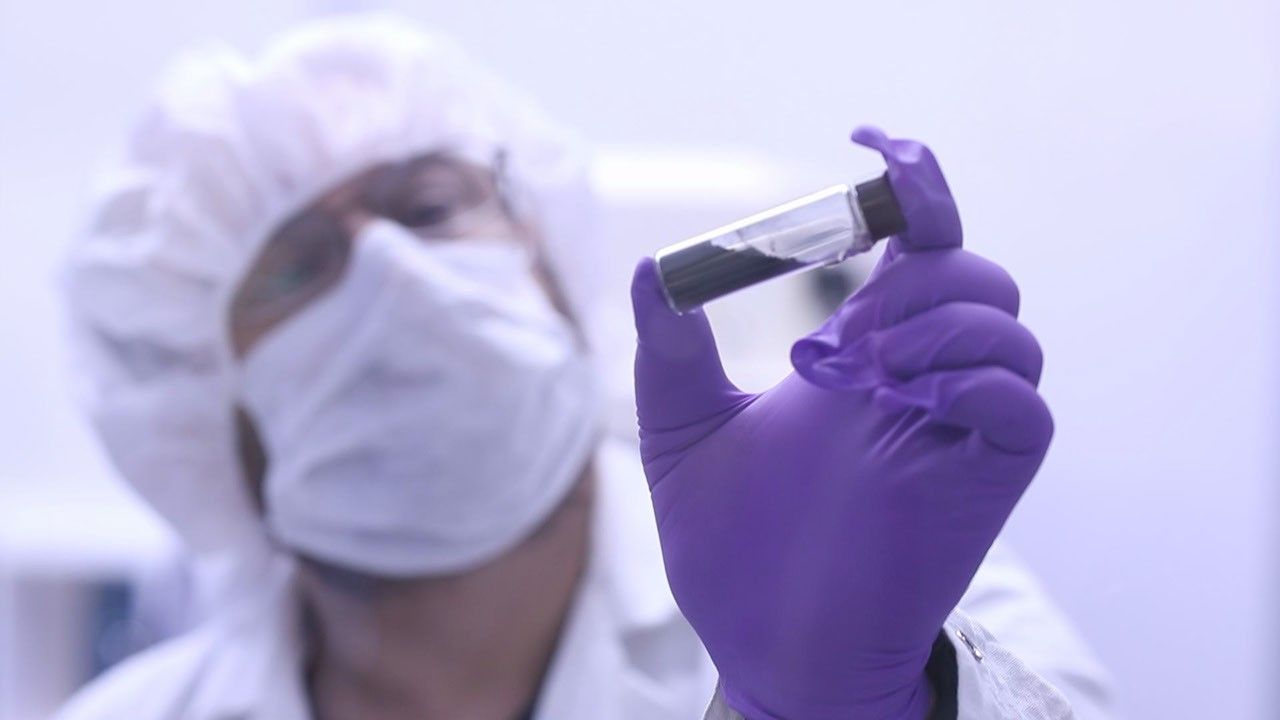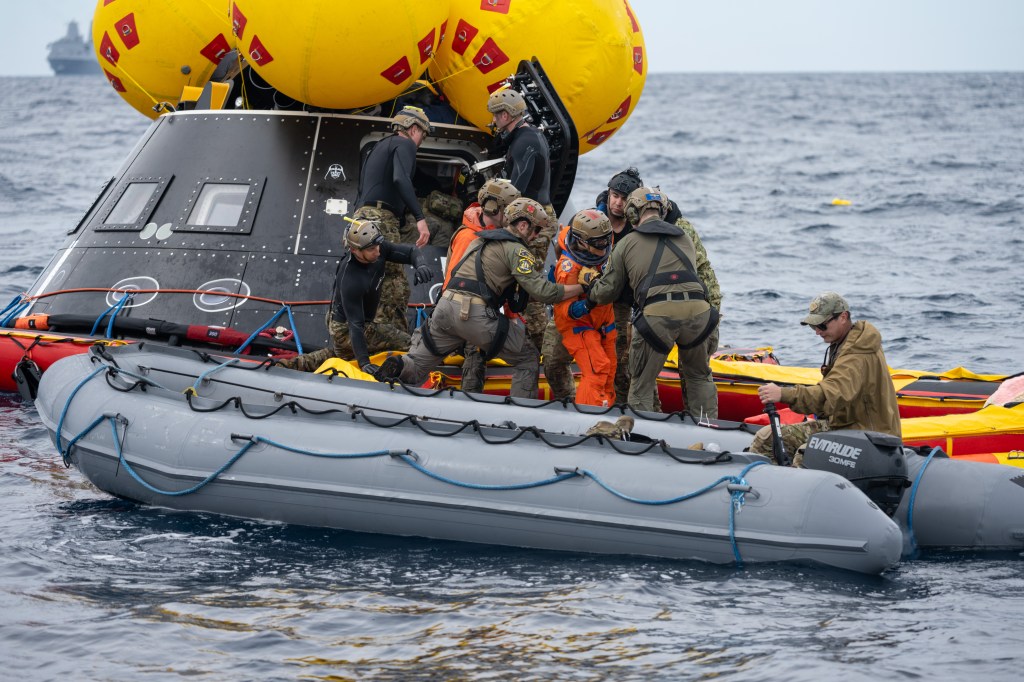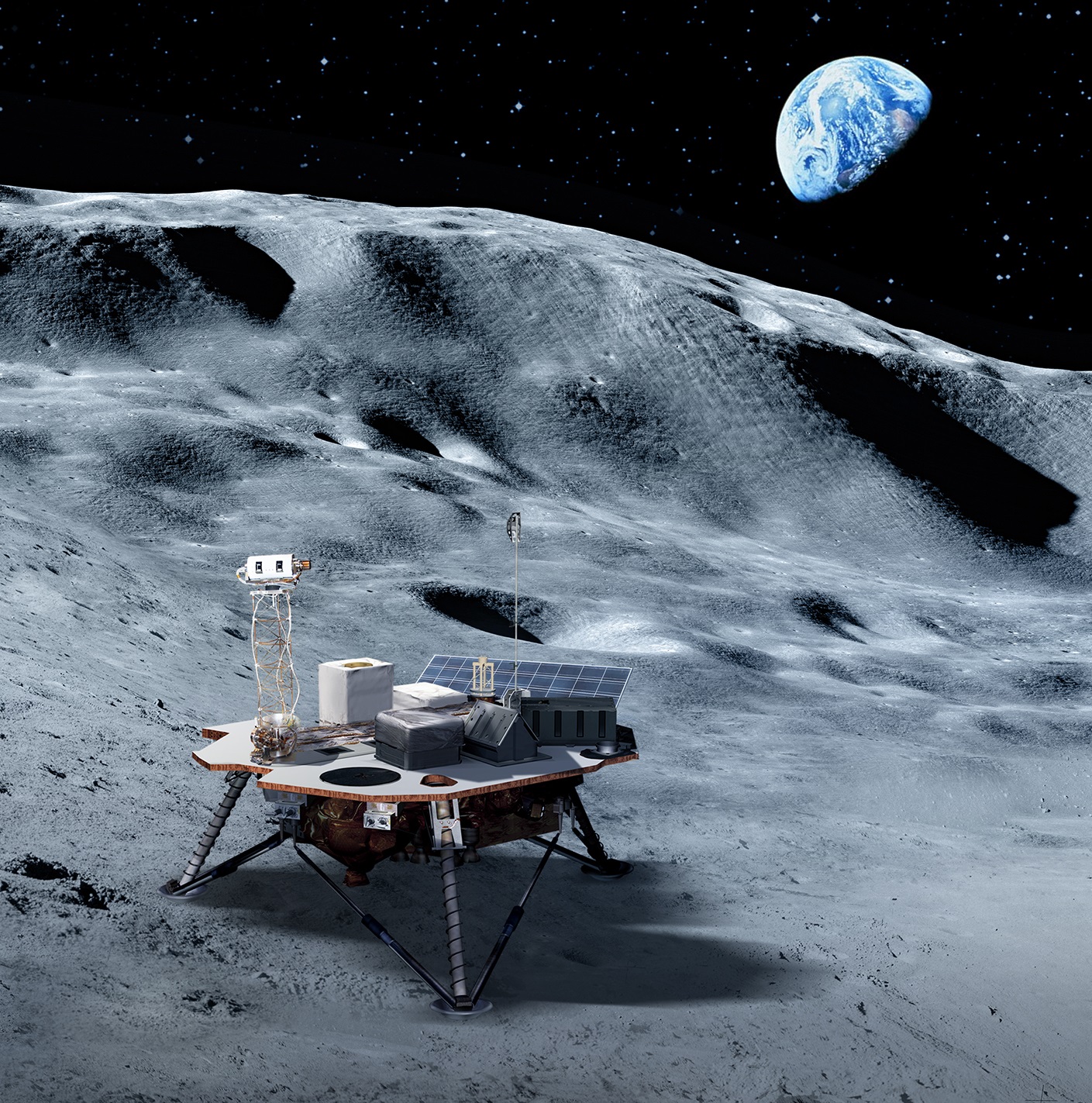NASA has announced the latest opportunity for industry to participate in its Commercial Lunar Payload Services (CLPS) efforts to deliver science and technology payloads to and near the Moon.
The newest announcement calls for companies to push the boundaries of current technology to support the next generation of lunar landers that can land heavier payloads on the surface of the Moon, including the South Pole, as part of the agency’s Artemis program, which will send the first woman and next man to the Moon by 2024, setting the stage for future human exploration of Mars.
NASA anticipates the need for both small and mid-size lunar landers to enable a variety of science investigations and larger technology demonstration payloads that will meet science objectives and human exploration goals. Future payloads could include rovers, power sources, science experiments, and technology to be infused into the Artemis program.
“Our commercial partners are helping us to advance lunar science in an unprecedented way,” said Thomas Zurbuchen, NASA’s associate administrator for the agency’s Science Mission Directorate. “As we enable broader opportunities for commercial providers through CLPS, we’re enlarging our capabilities to do novel measurements and technology development scientists have long wanted to do at the Moon.”
Any companies newly selected under this call will join the nine CLPS providers already contracted to provide services to the lunar surface to support NASA exploration priorities and use the Moon as a proving ground for systems and technologies that will enable humans to explore Mars. The CLPS project focuses on a speedy return to the Moon and advances scientific and technical goals on many fronts, with selected companies able to compete for delivery task orders.
“The Artemis program integrates our science and human exploration goals, and we are using our commercial partners to help meet those goals with an innovative and cost-effective approach,” said Steven Clarke, NASA deputy associate administrator for exploration in science. “The capability to land heavier payloads on the lunar surface is a service that NASA has a keen interest in. We’re looking forward to innovative proposals and possibly more partners to advance what we’ve already started with CLPS.”
The CLPS contracts are indefinite delivery, indefinite quantity contracts with a combined maximum contract value of $2.6 billion with performance through 2028.
For more information about Commercial Lunar Payload Services, visit:
and
-end-
Grey Hautaluoma
Headquarters, Washington
202-358-0668
grey.hutaluoma-1@nasa.gov
Jenny Knotts
Johnson Space Center, Houston
281-483-5111
norma.j.knotts@nasa.gov

